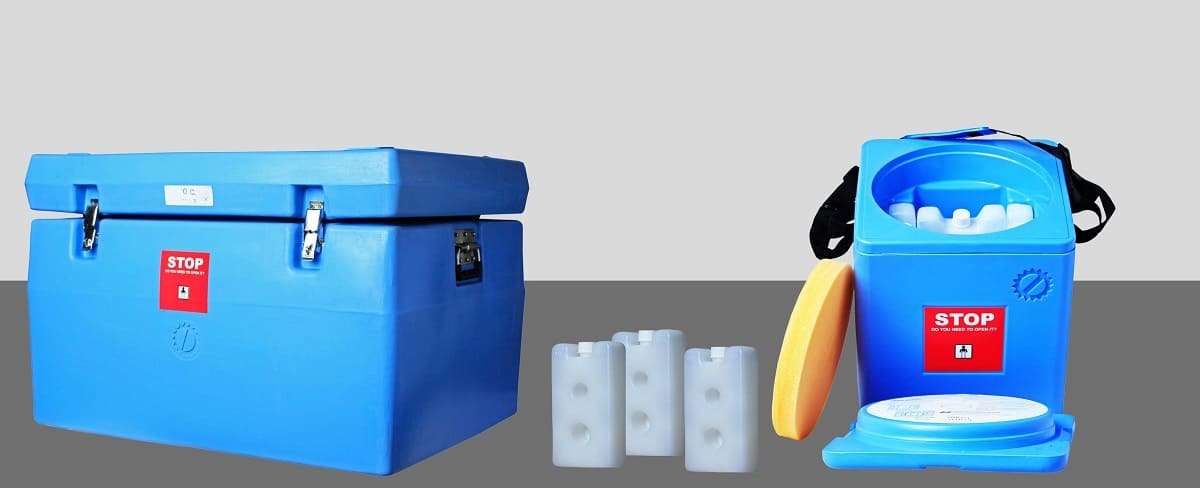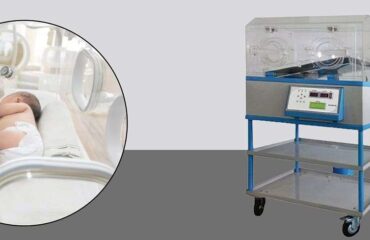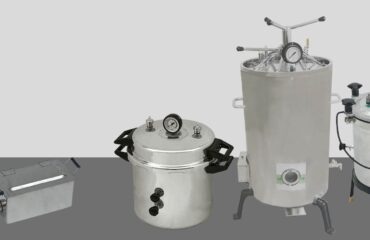Cold chain equipment plays a critical role in maintaining the integrity and efficacy of various medical products, especially those that are temperature-sensitive. This equipment includes refrigerators, freezers, cold boxes, insulated containers, and temperature-monitoring devices. Here’s why they’re essential:

Preservation of Vaccines and Medications:
Many vaccines and medications, such as certain antibiotics, insulin, and vaccines for diseases like measles and polio, require specific temperature ranges to remain effective. Cold chain equipment ensures that these products are stored and transported at the correct temperatures from manufacturing facilities to distribution centers to healthcare facilities.
Prevention of Spoilage and Degradation:
Temperature fluctuations outside the recommended range can lead to the degradation of medical products, rendering them ineffective or even harmful. Cold chain equipment maintains stable temperatures, preventing spoilage and ensuring the quality of the products.
Compliance with Regulatory Standards:
Regulatory agencies like the World Health Organization (WHO) and the Food and Drug Administration (FDA) have strict guidelines for the storage and transportation of medical products. Proper cold chain equipment helps organizations comply with these regulations, ensuring product safety and efficacy.
Emergency Response and Disaster Relief:
In emergencies such as natural disasters or disease outbreaks, rapid deployment of medical supplies is crucial. Cold chain equipment, including portable refrigeration units and insulated containers, enables the safe transport and storage of vaccines, blood products, and other critical medical supplies to affected areas.
Extended Shelf Life:
Some medical products, such as certain biological samples and laboratory reagents, have limited stability at room temperature. Cold chain equipment extends their shelf life by maintaining them at lower temperatures, thereby reducing waste and ensuring their availability when needed.
Ensuring Patient Safety:
Ultimately, the use of cold chain equipment safeguards patient safety by preserving the efficacy and quality of medical products. Whether it’s administering a vaccine or receiving a life-saving medication, patients rely on the integrity of these products for their health and well-being.
Types of cold chain equipment
Cold chain equipment encompasses a variety of tools and devices designed to maintain specific temperature ranges for the storage and transport of temperature-sensitive products. Here are some common types:
Cold boxes:
Cold boxes are insulated containers designed to maintain specific temperature ranges for the storage and transportation of temperature-sensitive products over short distances. They are portable and often used in situations where access to electricity or traditional refrigeration is limited, such as during transportation to remote or rural areas or in emergency response situations.
Vaccine carrier:
A vaccine carrier, also known as a vaccine cooler or vaccine transport box, is a specialized type of cold box designed specifically for the safe storage and transportation of vaccines. These carriers are essential for maintaining the integrity and efficacy of vaccines, which are highly temperature-sensitive.
Ice packs:
Ice packs are portable cooling devices used to maintain lower temperatures in insulated containers, coolers, or vaccine carriers during transportation or storage of temperature-sensitive products, such as vaccines, medications, perishable foods, or biological samples. They are commonly filled with a gel-like substance or water and frozen before use.
Cool packs:
Cool packs, also known as cold packs or gel packs, are portable cooling devices used to maintain lower temperatures in insulated containers, coolers, or vaccine carriers during transportation or storage of temperature-sensitive products. They are typically filled with a gel-like substance or water that remains in a semi-solid state when frozen.


